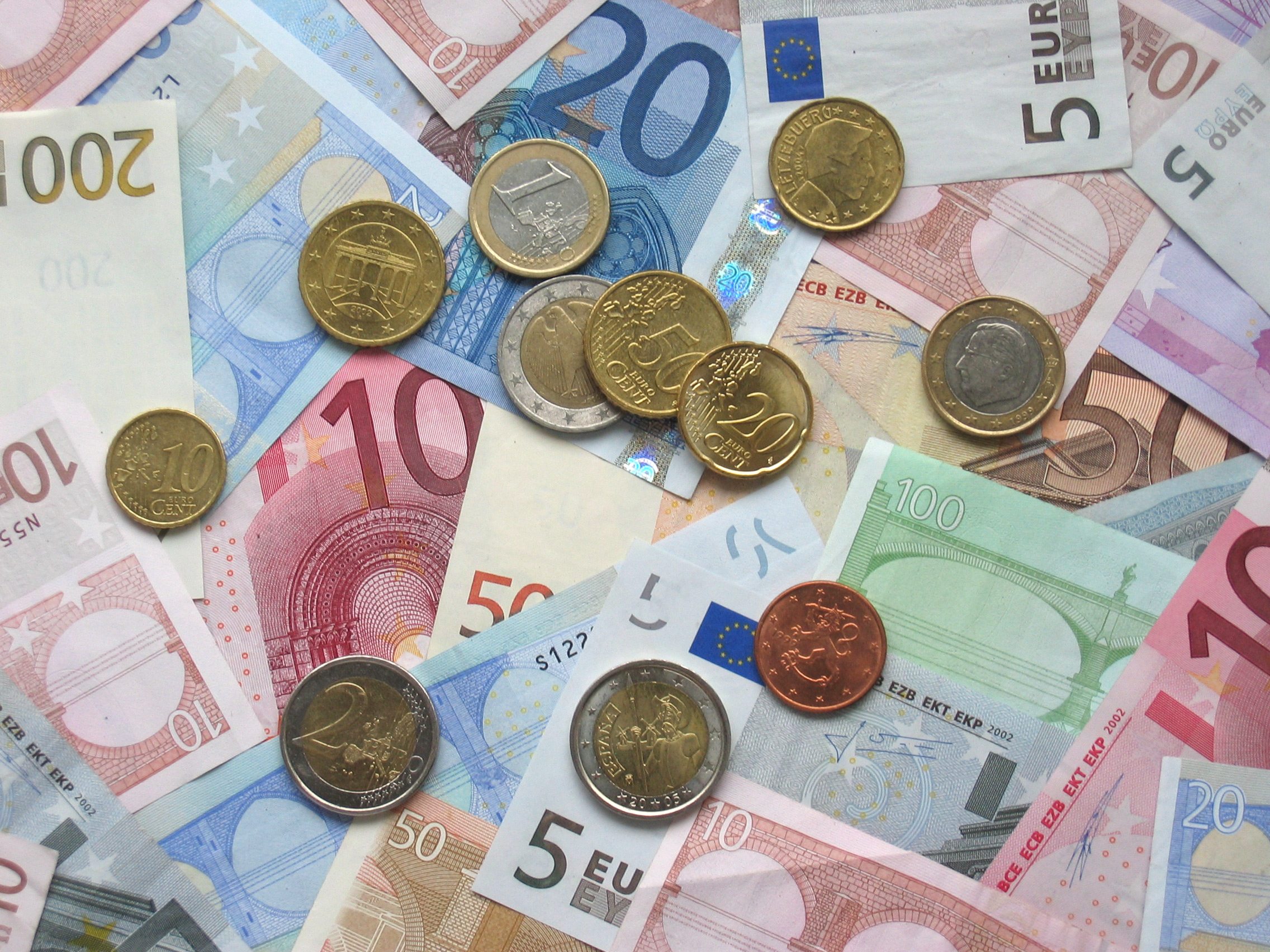The euro dipped against the dollar on Friday,December 22, after Catalan separatists won a regional election, stoking concerns about the possible break-up of the euro zone’s fourth-largest economy.
The euro fell as much as 0.4 percent to $1.1817 in the Asian trading session, before easing up a touch to trade down around 0.2 percent on the day by 1000 GMT at $1.1846.
Spain’s government had hoped that the Catalan election would strip pro-independence parties of their control of the regional parliament and end their campaign to force a split. But with 96 percent of ballots counted in a vote to elect Catalonia’s regional parliament, separatist parties are seen winning 70 seats out of 135.
“I very much doubt that these losses will turn out to be sustainable,” said Commerzbank currency strategist Ulrich Leuchtmann, in Frankfurt.
“Yes, the separatists defended their majority in the regional parliament, so that the tensions between Madrid and Barcelona are likely to continue. But the market kept its cool when the conflict last escalated and the euro remained relatively unaffected, and so it would come as a big surprise to me if that were to change now,” he added.
Analysts said trading volumes were being thinned by the Christmas holiday, which could cause some volatility.
The most eye-catching mover on the day was once again bitcoin, although this time because of its losses. The cryptocurrency plunged as much as 20 percent on the day at one point to below $13,000, having lost a third of its value since Sunday.
The dollar index, which measures the U.S. currency against a basket of six major rivals, was up 0.1 percent at 93.400. For the week, it was down 0.6 percent.
One immediate threat to dollar bulls was removed on Thursday, as the U.S. Senate approved a bill to fund the federal government through Jan. 19 and avert agency shutdowns ahead of a Friday midnight deadline. The bill now goes to President Donald Trump to sign into law.
Also underpinning the dollar, Congress approved the most significant U.S. tax code overhaul in three decades that was expected to give at least a short-term lift to already solid economic growth.
The dollar was steady on the day against the yen at 113.37, poised to gain 0.6 percent for the week.
“Dollar-yen trading has paused for now, with the tax bill and the shutdown bill now out of the way, and the Christmas holiday ahead,” said Kumiko Ishikawa, FX analyst at Sony Financial Holdings in Tokyo.
On Thursday, Bank of Japan Governor Haruhiko Kuroda reinforced expectations that the BOJ was in no hurry to move away from its ultra-loose monetary policy.












